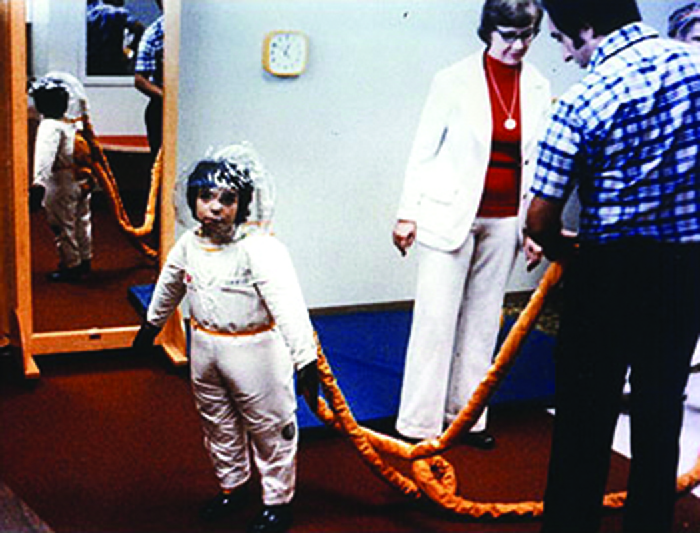Experimental gene therapy points to cure for rare immune disease
Date: 14.5.2021
An experimental gene therapy developed to treat children born with a rare immunodeficiency disease has demonstrated extraordinary efficacy according to a new long-term follow-up study.
 Severe combined immunodeficiency (SCID) is a rare disease leaving children with no functioning immune system. The disease is perhaps best known as the "bubble-boy" disease following the well-publicized story of David Vetter, a boy born with SCID in the early 1970s who lived for 12 years in a protective bubble.
Severe combined immunodeficiency (SCID) is a rare disease leaving children with no functioning immune system. The disease is perhaps best known as the "bubble-boy" disease following the well-publicized story of David Vetter, a boy born with SCID in the early 1970s who lived for 12 years in a protective bubble.
One particular type of SCID involves mutations in the ADA gene, and over the last couple of decades scientists have been investigating ways to deliver normal functioning versions of this gene into children with ADA-SCID. A prior gene therapy called Strimvelis was approved in 2016 for use in Europe, however, there have been concerns the therapy could be linked to increased risk of leukemia.
This new iteration of the gene therapy uses a different viral vector to deliver the functioning ADA gene. A study is reporting on 50 children administered the new type of gene therapy, following their conditions up to three years after the single treatment.
The incredibly promising findings reveal all children treated with the gene therapy were still alive up to three years later and 48 out of the 50 were essentially cured of ADA-SCID.























